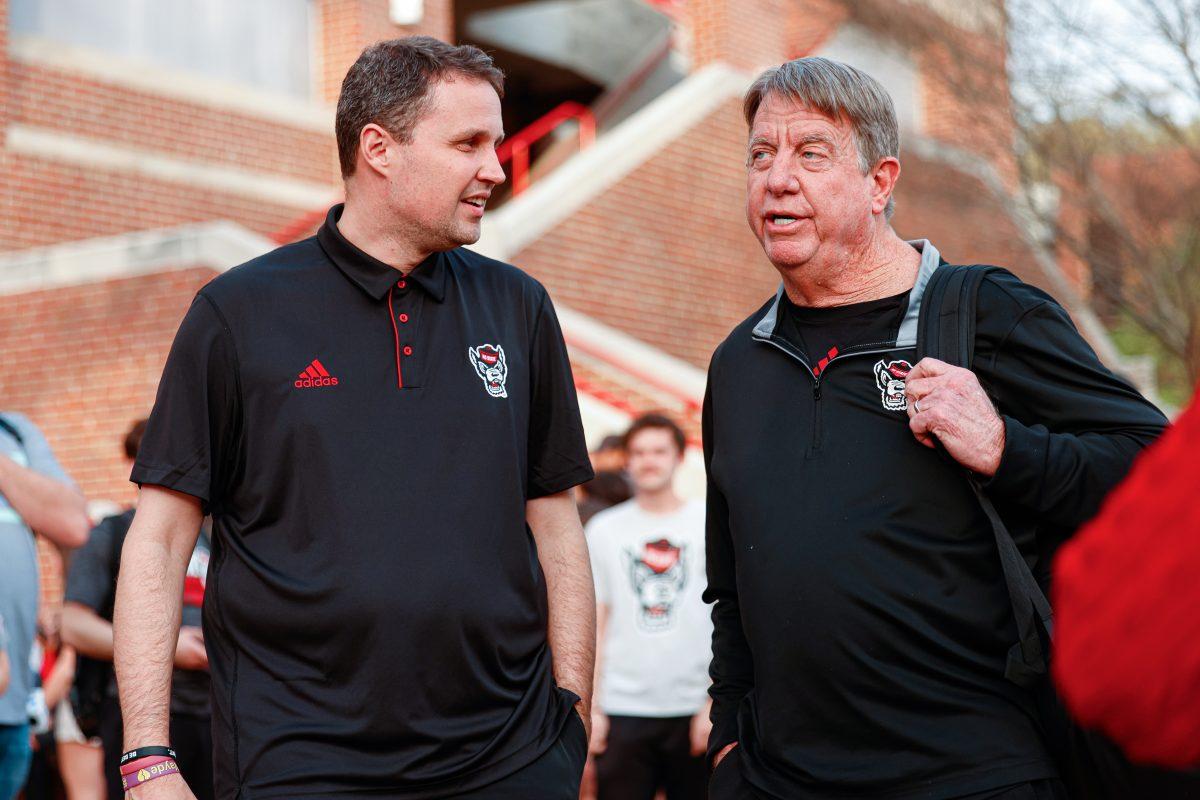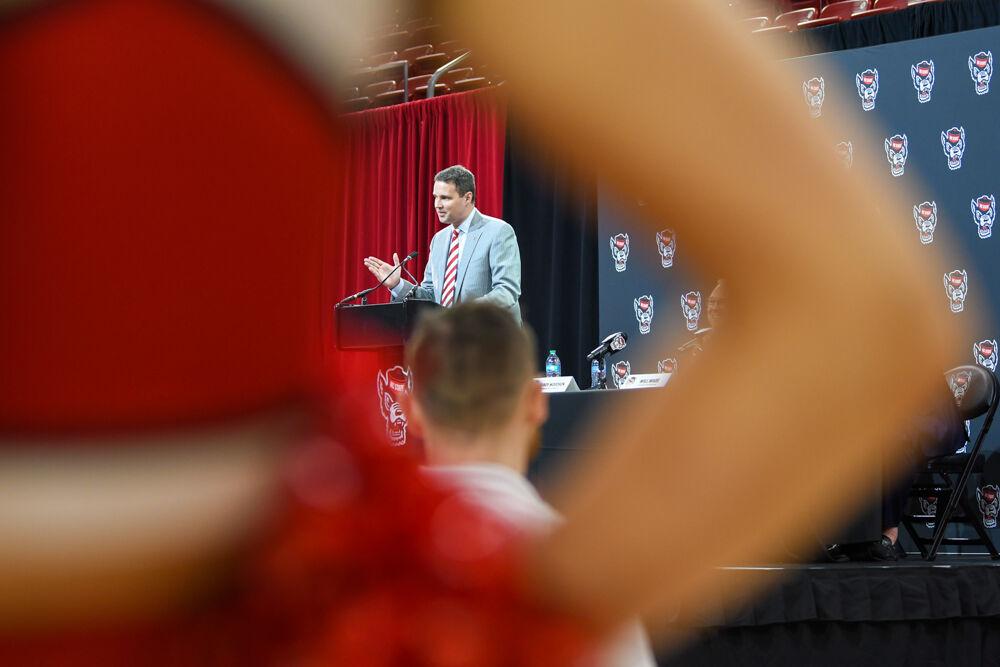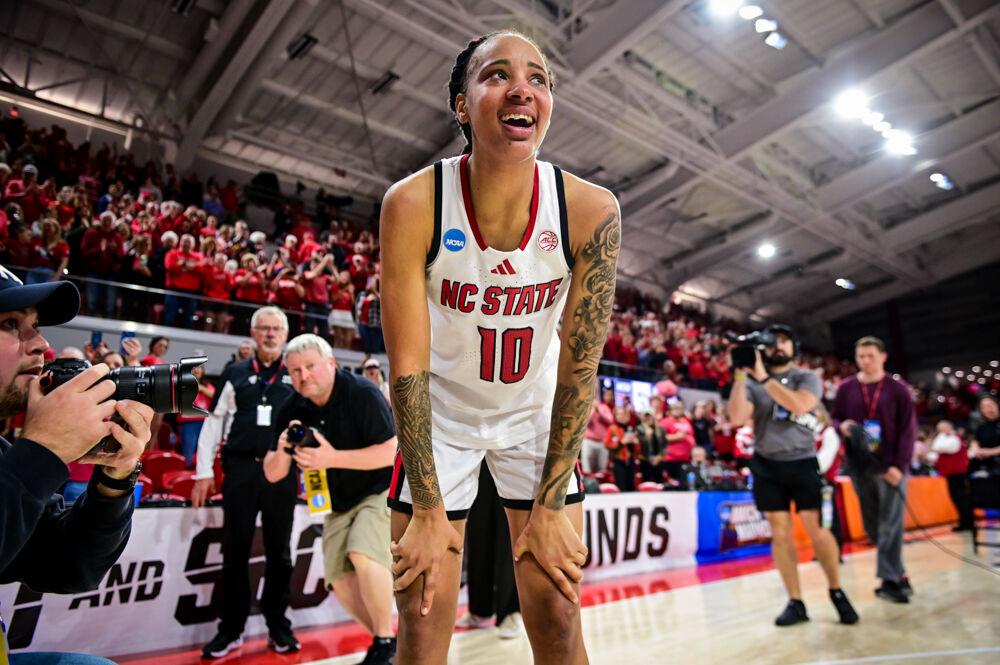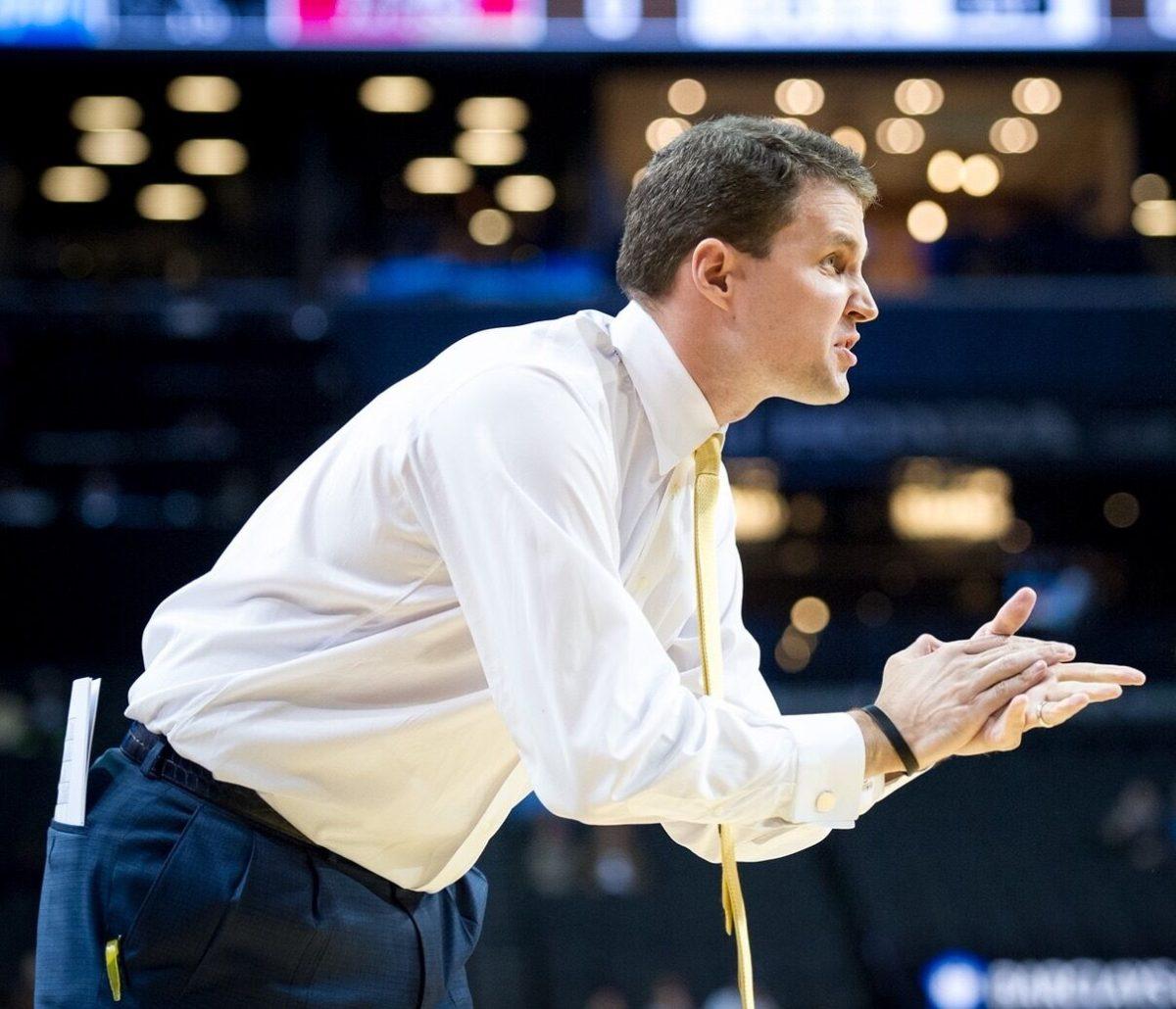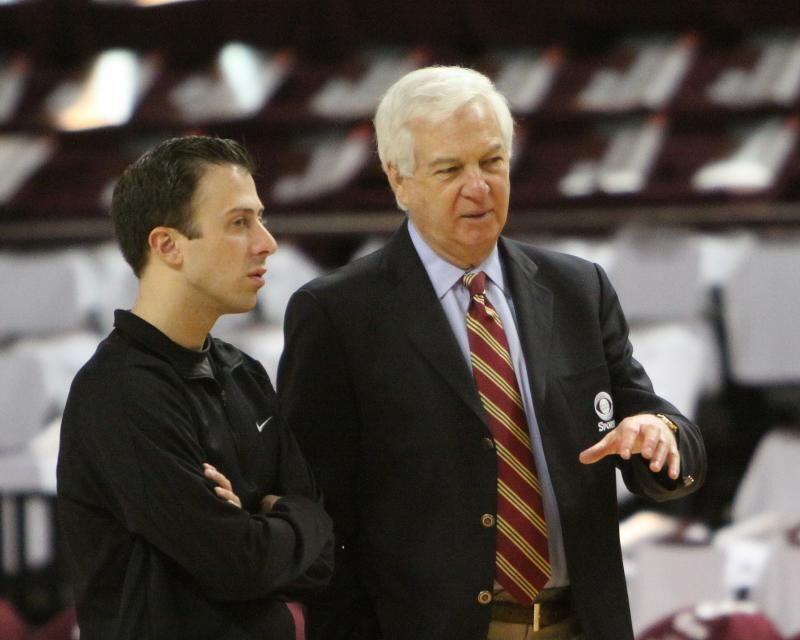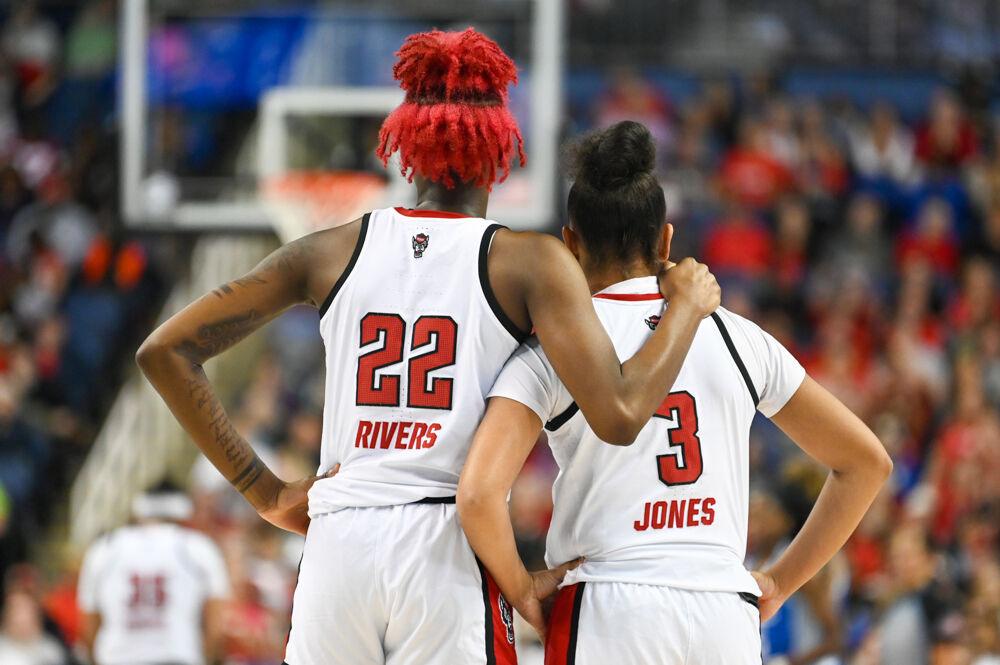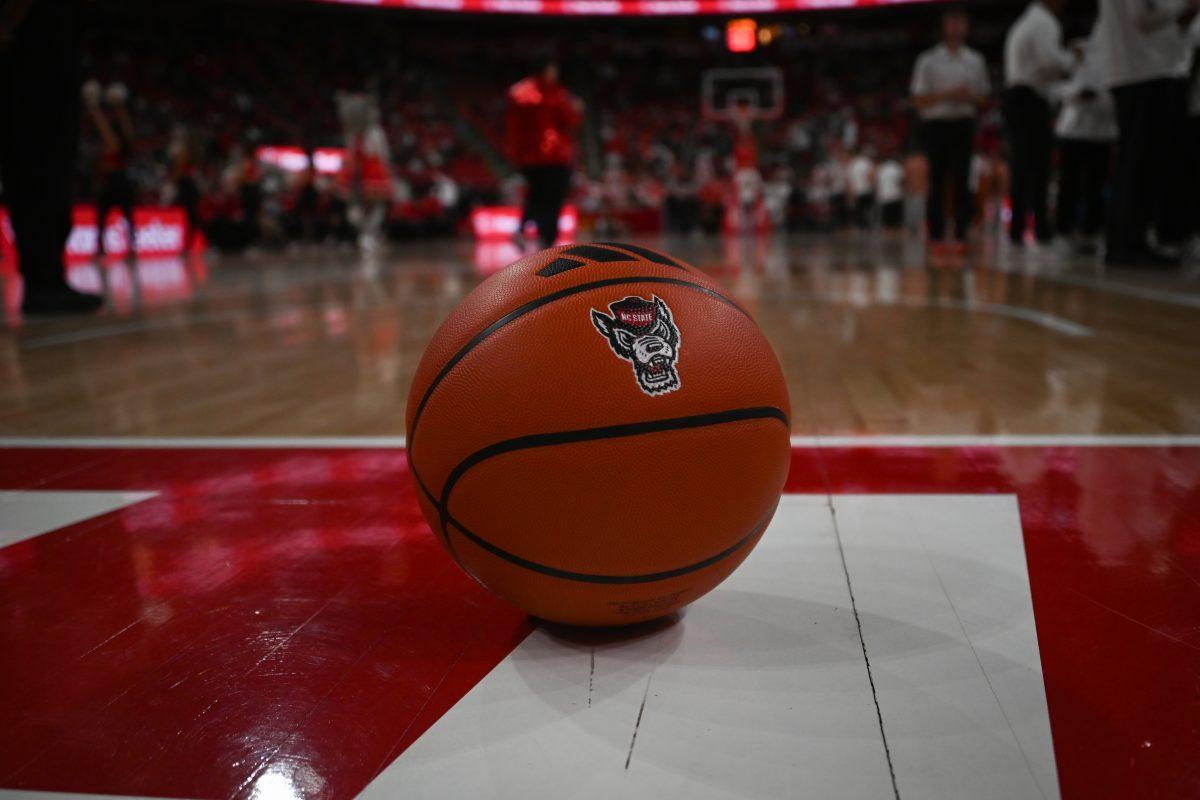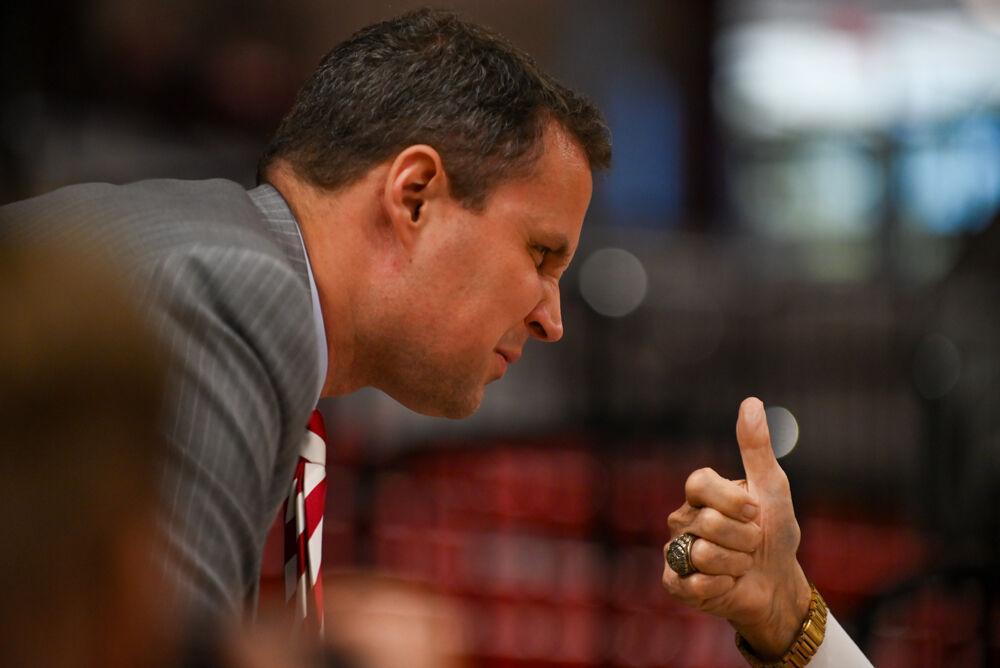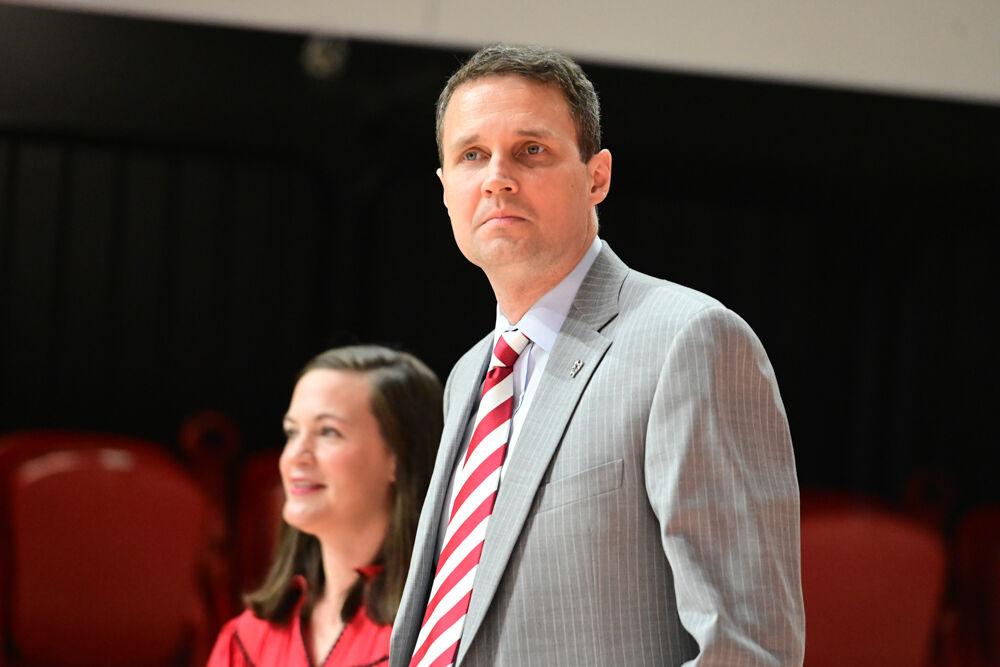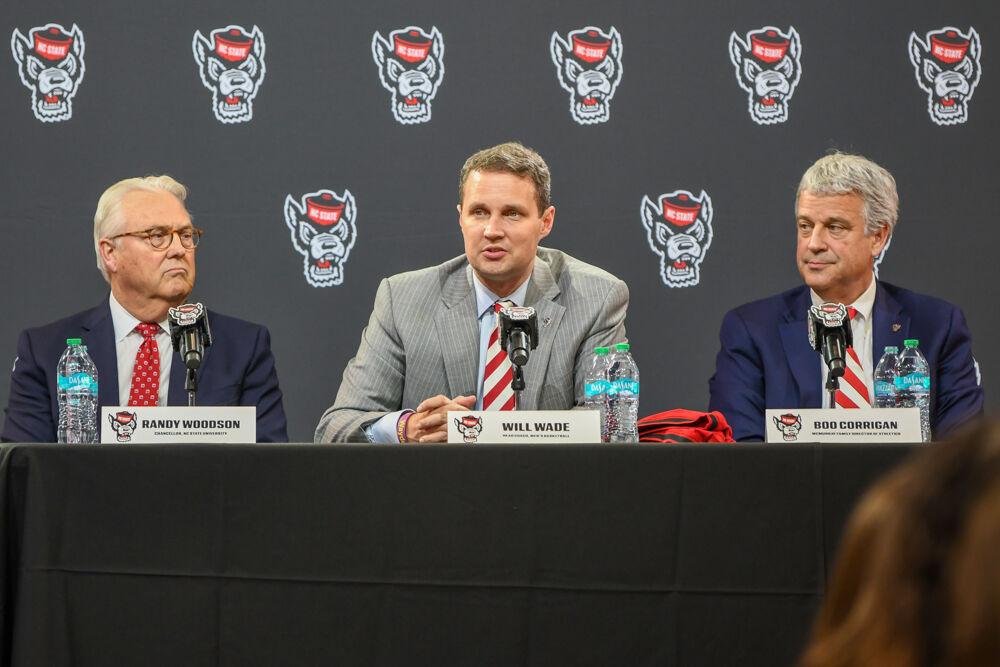The UNC-Chapel Hill basketball team is currently slated into Joe Lunardi’s bracketology as the top seed in the South bracket, but it might not have the most impressive tournament resume in its own conference — nor the second best.
Despite coming into the season stacked with talent (ranked No. 1 by the AP), the Tar Heels’ (21-4, 10-2 ACC) nonconference schedule was a walk in the park compared to their usual standard. The team played just two tournament-caliber teams, Maryland and Texas, and split those games, 1-1. They also had an inexplicable loss to a Northern Iowa team that started off just 2-6 in the mediocre Missouri Valley Conference.
Perhaps the reasoning for the cupcake non-conference slate was that the ACC is loaded this season; surely North Carolina would get the opportunity to build up its resume facing a conference that’s set to put more teams in the NCAA Tournament field than any other. However, the team has come away from its four games against tournament-bound ACC teams with just a 2-2 record.
The Tar Heels otherwise took care of business against the lesser teams of the conference, the reason for which they remain ranked No. 5 nationally. It was easy to give them a pass for their two losses because their talent-loaded roster scores off the charts on the eye test, but perhaps more damning to this illusory perception than the two losses was a nail-biting 68-65 victory over Boston College (7-18, 0-12 ACC), this year’s winless punching bag of the ACC.
A big part of the Tar Heels’ struggles has been their inability to hit the 3-point shot. The team currently ranks last in the ACC in 3-point efficiency (28.1 percent). Junior guard Nate Britt was the most efficient shooter in the nonconference (44.7 percent) but has been shy in conference play, hitting just four of his 18 attempts (22.2 percent).
Marcus Paige, who ranked sixth in the conference in 3-point shooting last season, has hit just 31.5 percent of attempts in ACC play thus far. During a four-game span in mid-January, the senior point guard went just 1-for-22 from beyond the arc — four of his six single-digit scoring games on the season came during this stretch. UNC simply cannot endure such inconsistent play from its star players if it has any hopes of making a deep run in the NCAA Tournament.
During its remaining six regular season games, North Carolina will have to prove itself worthy if it has any hopes of getting into the field as a top seed. The team plays No. 20 Duke (twice), No. 11 Miami, No. 7 Virginia, a resurgent Syracuse team and rival NC State on the road.
The other three top seeds in Lunardi’s bracketology average over seven wins against the RPI top 50 while the Tar Heels lag behind at this point with just three such victories. Of their remaining opponents, only NC State ranks outside the top 50. Therefore, coming up with at least four wins is a must for the team to hold onto its seed — it may even take five wins depending on the performance of other teams competing for high seeds, such as Virginia.
The Cavaliers already have eight wins against top-50 RPI teams, tied for second in the country, and five wins against top-25 teams, which ties for first. Their early struggles in conference play seem to be sticking in the minds of the AP, who continues to slight them in the polls respective to UNC despite their much more accomplished resume.
Even Miami has better proven itself against top competition, with a 7-1 record against the RPI top 50 — UNC is 3-3 against such opponents.
With Selection Sunday now less than a month away, the Tar Heels are running out of time to show the committee they can beat the best teams in the country. The coming weeks will be highly consequential to theirs and Virginia’s chances at a top seed.



